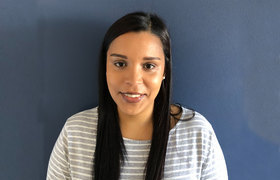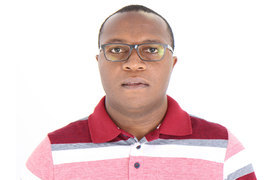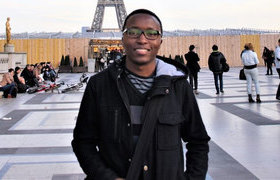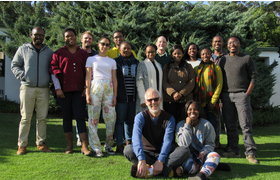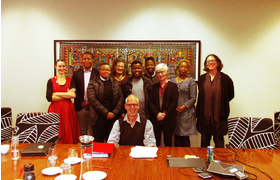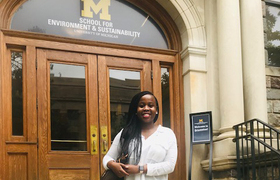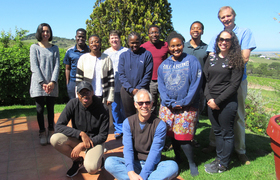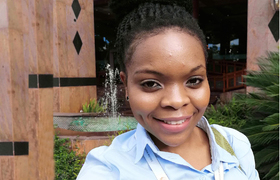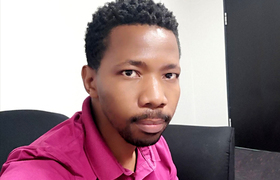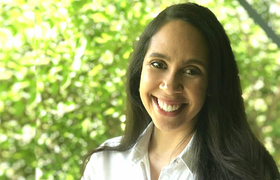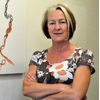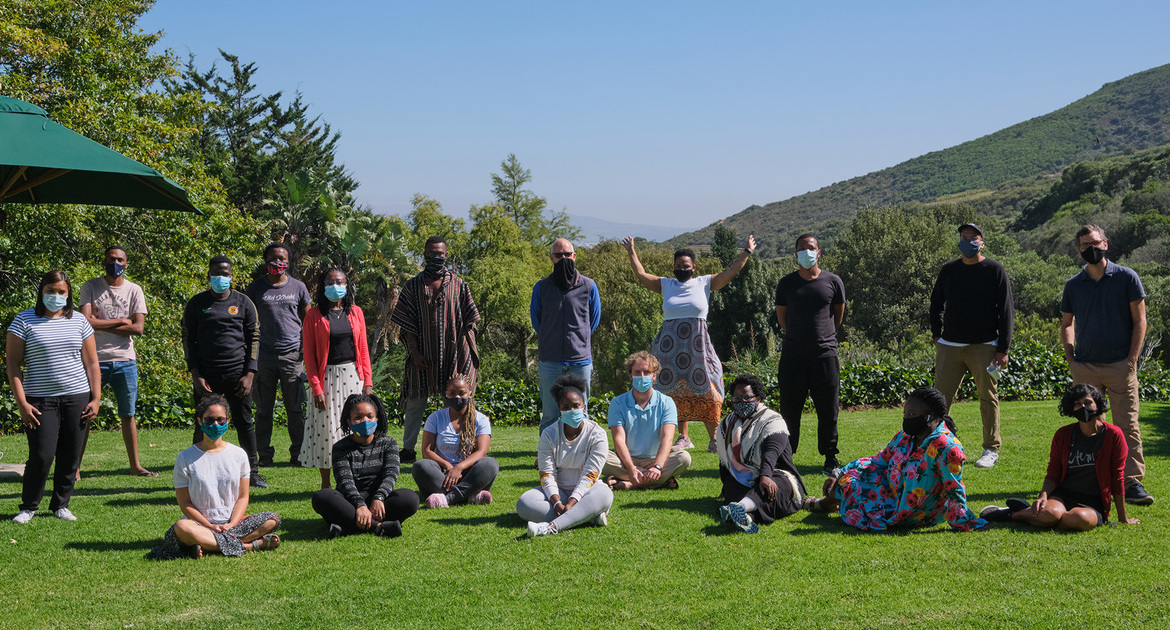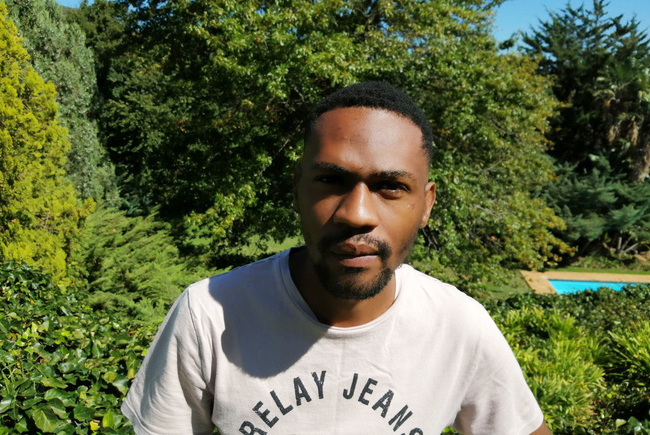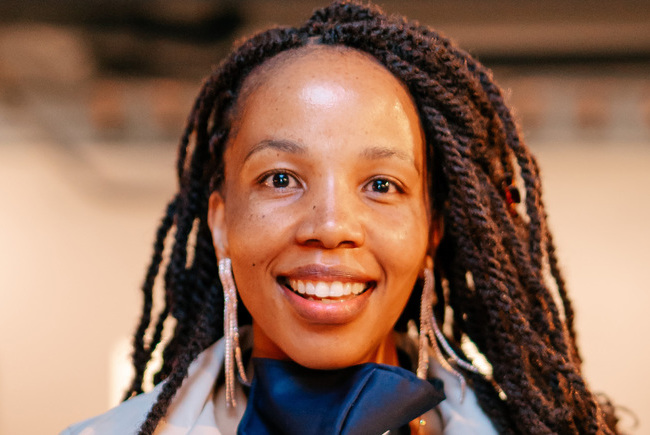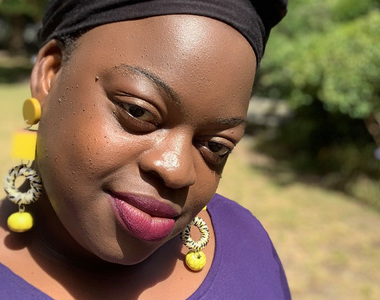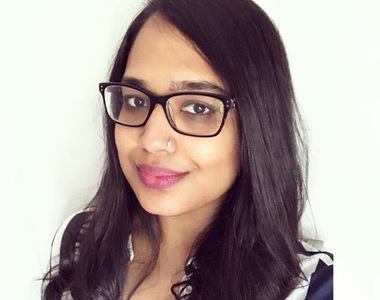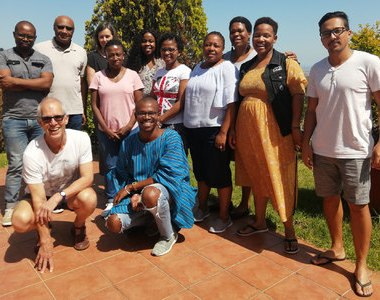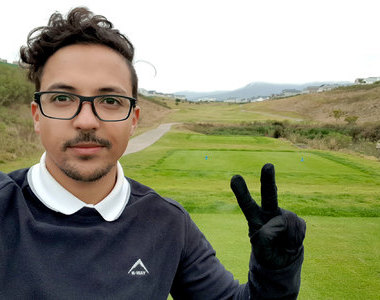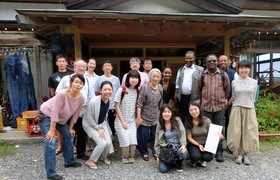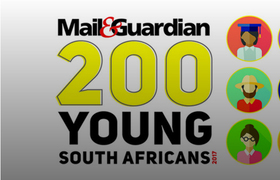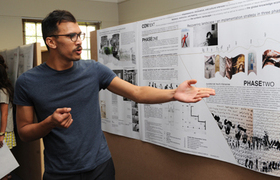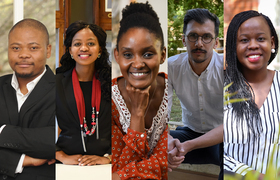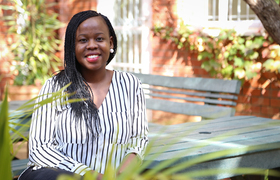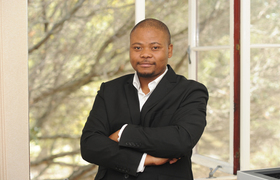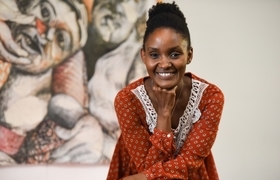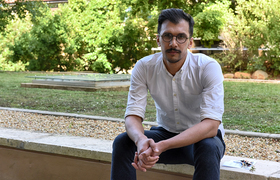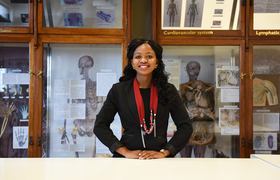Surfski paddler qualifies for world champs
06 May 2019 | Story Niémah Davids. Photo John Hishin, Cape Town Sport Photography. Read time 4 min.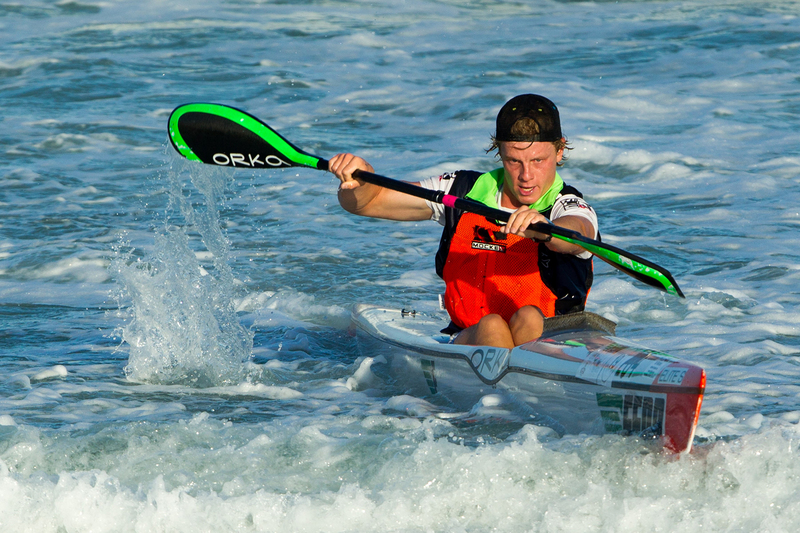
Representing your country at an international sporting event is both an honour and a privilege, and things are about to get very real for University of Cape Town (UCT) student Mark Keeling as he prepares to represent South Africa at the 2019 International Canoe Federation (ICF) Canoe Ocean Racing World Championships in France in September.
The opportunity comes after Keeling’s outstanding performance at the SA Singles Surfski Champs on Sunday, 28 April, which doubled up as the national trials for the world championships. The race was paddled at Strand Beach over a distance of roughly 22 kilometres in an “out-and-back” format.
He finished in 14th place overall and second in the under-23 division, automatically qualifying him for the international sporting spectacular scheduled to take place in Saint-Pierre Quiberon in the north-west of France.
This was quite an achievement, he said, adding that he was unfit because of his inability to train adequately during term time.
“I have learnt from years of experience how to race these hard races, and where my limits lie, so I feel that I managed my race the best I could.”
“I have learnt from years of experience how to race these hard races, and where my limits lie, so I feel that I managed my race the best I could.”
Keeling, a third-year mechanical and mechatronics engineering student in UCT’s Faculty of Engineering & the Built Environment (EBE), said while the group of between 50 and 70 canoeists normally prepare to paddle in high waves and strong winds, last week’s race was quite the opposite.
“The water was very calm, which made for a very beautiful, scenic paddle.”
Not an easy journey
In 2017 he qualified for the same world championship event, held in Hong Kong that year.
But it’s not always been an easy ride, and his lack of optimal fitness is the main reason he didn’t think he’d perform well at this year’s qualifier. His studies have been demanding and have taken up a large chunk of his time, he said.
“I’ve been unable to train much, generally one session a week, three if I [was] lucky. This was due to the large requirements of my degree and almost failing certain subjects in my first year.”
“I’ve been unable to train much, generally one session a week, three if I [was] lucky. This was due to the large requirements of my degree and almost failing certain subjects in my first year.”
Juggling his workload
Keeling is now focused on establishing the costs involved with participating in the world championships and weighing up the time commitment against his second semester workload and the demands that come with his studies.
He said the 2017 event had clashed with his exam timetable, but he had decided to participate anyway, a decision that had serious consequences. And although this year’s competition falls outside of his exam period, Keeling is concerned about missing out on class.
“I almost [needed] to extend my degree due to almost failing certain subjects. I don’t want to repeat the stress. I am worried about the time that I will miss at varsity as this has been my hardest year by far,” he said.
According to UCT Canoe Club’s Jason Collier, Jessica Pollock also notched up a notable performance at the Surfski Champs, coming eighth in the women’s division.
 This work is licensed under a Creative Commons Attribution-NoDerivatives 4.0 International License.
This work is licensed under a Creative Commons Attribution-NoDerivatives 4.0 International License.
Please view the republishing articles page for more information.
New Generation of Academics Programme (nGAP)
UCT has responded energetically to the New Generation of Academics Programme (nGAP), an opportunity provided by the Department of Higher Education (DHET) to build a new generation of black South African academics. The DHET’s 2015 vision document, “Staffing South Africa’s Universities Framework: A comprehensive, transformative approach to developing future generations of academics and building staff capacity”, proposes a suite of initiatives to address the challenge, with nGAP being the major instrument to increase the numbers of black South African academics.
The programme “involves the recruitment of highly capable scholars as new academics, against carefully designed and balanced equity considerations and in light of the disciplinary areas of greatest need”. The nGAP scholars are appointed into permanent positions where from the outset their conditions are customised to ensure their successful induction into the ranks of established academics.
The DHET provides funding over a six-year period to support the appointment of an nGAP lecturer, and their time is protected to provide the best possible opportunity for the completion of a doctorate degree in the shortest possible time. Once the degree is completed, the nGAP lecturer’s teaching commitments are steadily increased until they shoulder a full teaching load.
Since the first advertisement for nGAP posts in 2015, UCT has been awarded 17 nGAP positions: 5 (Phase 1), 4 (Phase 2), 3 (Phase 3) and 5 (Phase 4). These are distributed across all faculties.
UCT’s nGAP scholars operate as a single cohort, managed and coordinated by Dr Robert Morrell. Lecturers meet for quarterly meetings, writing retreats and various capacity-building activities all designed to support the completion of postgraduate qualifications (particularly doctorates) and to develop records of achievement that will testify to their emergence as self-standing, excellent academics. Each lecturer is mentored by a senior scholar, who provides support and guidance on the challenges that routinely face academics.
The nGAP manager sets great store in building the cohesion of the cohort and encouraging the establishment of new UCT networks while producing a collaborative, mutually supportive and embracing work culture.
According to Dr Morrell, “This group of academics will lead UCT in 15 to 20 years’ time ... Their vision of excellence, of being African and South African, of serving a wider community and producing knowledge for the planet, the continent and the country, will power UCT in years to come.”
Newsletters
In the news
